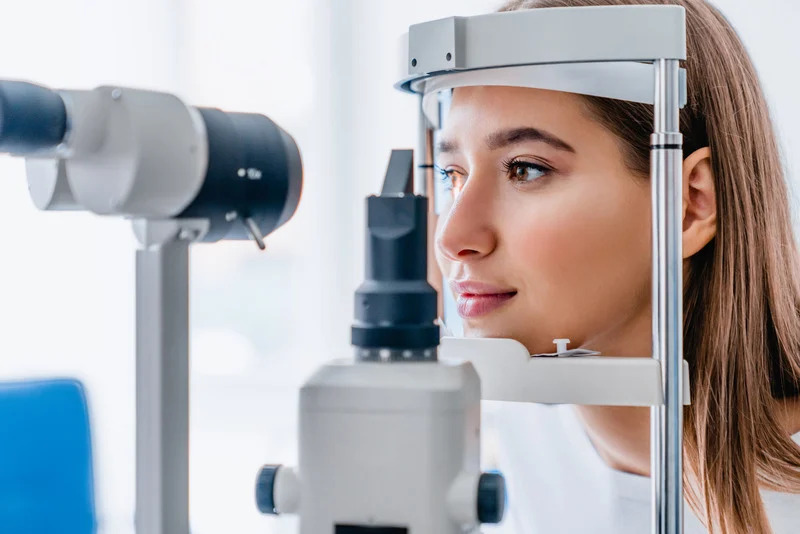Built With Science
Consistent focus on simple health and productivity habits brings major improvements.


Research Studies
The Impact of Improper Body Posture on Office Workers' Health
The research represents the survey results of consisting of thirty questions was distributed among a randomly selected group of over one thousand workers. Results indicated that 78% of the total participants had experienced some sort of musculoskeletal pains, from which 84% of them stated that their sitting postures are awkward.
Posture related MD and its association with computer use
This article assesses postural changes and MD (musculoskeletal discomfort) among computer users over time. It provides insights into how prolonged computer use may lead to alterations in sitting posture and associated health implications.
Adverse Effects of Prolonged Sitting on the General Health of Office Workers
This cross-sectional study, conducted among 447 office workers, aimed to assess the prevalence of sitting behavior and its adverse effects on health. Significant associations were found between prolonged sitting and factors like exhaustion, decreased job satisfaction, and musculoskeletal disorders.
Posture Related


Eye Related


Computer vision syndrome among computer office workers
This study explores Computer Vision Syndrome (CVS) prevalence and factors among 2,210 computer workers. Severity was linked to occupation duration and pre-existing eye disease. Findings emphasize the importance of targeted interventions for improved visual well-being among computer workers.
Computer vision syndrome and predictors among computer users
This meta-analysis identified predictors of Computer Vision Syndrome (CVS) among computer users, including a history of eye disease, improper sitting, frequent computer use, and eyeglass use. The study highlights the importance of optimizing computer exposure, adopting proper seating, and enhancing user awareness to mitigate CVS impact.
Computer vision syndrome and its determinants: A systematic review
This systematic review and meta-analysis explored computer vision syndrome (CVS) prevalence and determinants. Increased odds of CVS were associated with factors like being female, improper body posturing, no breaks, prolonged visual display terminal use, short-distance screens, and poor ergonomic practices.








